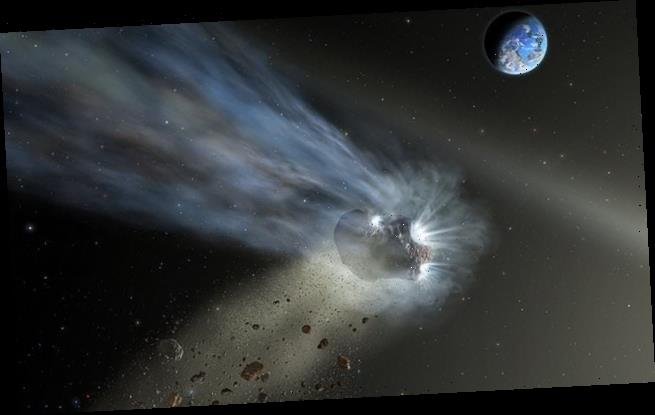Ballerina, author and philanthropist Misty Copeland’s purpose is to give back to “those who came before [her]” and set a good example for the future generations.
The first Black principal dancer at the American Ballet Theater explained this during a virtual Paley Center for Media panel entitled “PaleyImpact: Choosing to Challenge: How Women are Leading the Way,” presented by Verizon on Monday. In celebration of International Women’s Day, the conversation focused on how media impacts women, including issues of gender parity and structural sexism, such as the motherhood penalty, and ageism.
“Women are the only gender who’s hit with … ‘Oh, she’s too ambitious,’ when men do that all the time,” said U.S. Rep. Val Demings. “We have to get over what people say about us or feel about us or whether they like us or not. We really have to focus on ourselves and our God-given talent to influence.”
The panel, which also included Cynthia Erivo, Julie Foudy, Rita Moreno, Norah O’Donnell, Phylicia Rashad and moderator Alicia Menendez from MSNBC, discussed the importance of including women at the table, notably in top positions, to change the systemic inequities that oppress women. Demings likened women to “quarterbacks” who can look at the entire field, work as team members on group efforts and multitask to “get it done.”
For Erivo, the Grammy, Emmy and Tony Award-winning actor, singer and producer, portraying iconic singer-songwriter Aretha Franklin for National Geographic’s upcoming series “Genius: Aretha” taught her that there is “no shame in wanting a little bit of ownership.” This inspired her to be a producer on her own album.
“It’s still now really tough to have those conversations, and I’ve, somehow, been lucky enough to work in a way that allows me to be a part of the conversation of that ownership,” Erivo said. “But there’s still a lot of work to be done and we still have to fight for it.”
O’Donnell, an anchor and managing editor at “CBS Evening News,” also reflected on the current cultural moment created by the pandemic, which has disproportionately affected women in the workforce.
“That nugget of confidence or that nugget of that support team that surrounds you that allows you to flourish and become your own best self is really the thing that I hope we can encourage in other women, in young girls, in education and address the systemic sexism and racism that exists in all of our careers,” O’Donnell said. “And something that COVID has done … is a she-cession, and I think we all as leaders we have to be aware of what COVID has done to the lives of women, to the economic impact it’s had on women, to our children’s education because I do think this is the cause of our century.”
Despite these aforementioned hardships, there was a shared optimistic vision for women in the future expressed on the panel, including an all-woman presidential ticket and more women of color in executive positions.
“It’s very important that we look after and take great care with the development of women at an early age, and this is a focus we can take worldwide,” Rashad said. “It’s so important the way young girls are nurtured to become women.”
Read More About:
Source: Read Full Article

